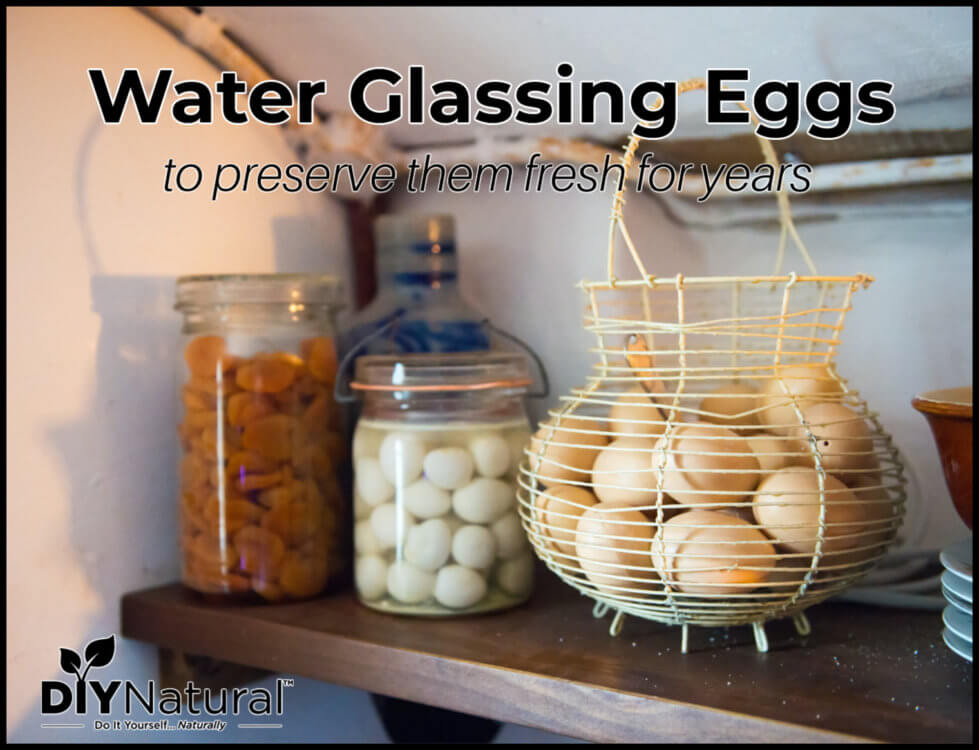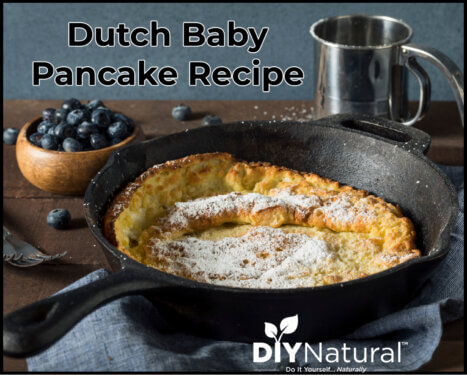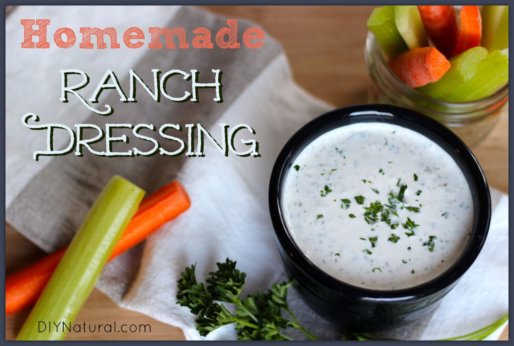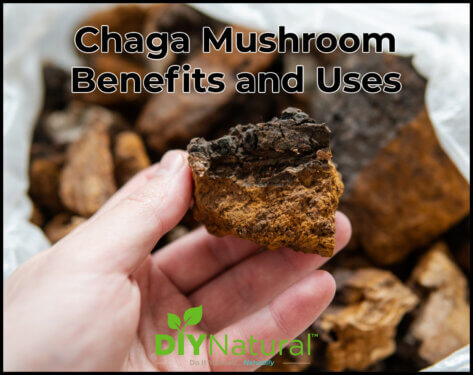
Water glassing eggs is a simple process of preserving eggs in lime water. Store in the pantry for up to 2 years and use as if they were fresh.
I have a small farm that includes about 30 chickens. In the summer, I get a ton of eggs. Sometimes literally! Upwards of 175 a week! I sell some and use some, but some end up going to waste because there’s no way to use them all. I remember my uncles storing their eggs in an old glass gallon jar. So I looked into it and it’s easier than you may think!
Water Glassing Eggs
You’ll want to start with clean eggs. Don’t use any that have poop or mud on them. But also, don’t wash them. When you wash eggs, it takes the “bloom” off of them and air can get inside. They will go bad faster. In the water tank, they can get water in them, which will result in rotten eggs in a very short time. So choose clean eggs that have not been washed for this project. Egg size or color doesn’t matter, so you can mix sizes and colors, or even create a cool pattern. You’ll be able to display your eggs on the counter as they are working. Or store them in a pantry.
What you’ll need
Water glassing eggs is a very simple project. You’ll need very few items and may even have them in your home already.
- Fresh, clean eggs (see above)
- A gallon glass jar
- Cool, fresh, filtered water
- Pickling lime
- A kitchen scale
- A spoon
- plastic wrap or a plastic bag large enough to fit across the top of the jar with overlap
I use a big bowl to mix the lime and water before I put the eggs into it. Use 1 quart of water to 1 ounce of pickling lime. Be sure you weigh the water and lime for the best results. Depending on the size of your container, that could be 4 quarts of water to 4 ounces of lime or 8 quarts of water to 8 ounces of lime. I start with a smaller amount until I can see how the eggs will fill up the jar. I can always make more if I need it.
Make sure the jar is clean and sterilized. I run mine through the dishwasher.
Make sure your pickling lime is mostly dissolved before you add it to the eggs. There may be small bits that may remain after mixing. These are just larger crystals and will dissolve over time.
The Process of Water Glassing Eggs
Now that you have all of your materials ready, you can start assembling your jar. Add a layer of eggs to the bottom of the jar. You can either keep adding eggs randomly or make a cute pattern out of them. I put any that are weird shaped in the middle. As long as the shell is good, they’ll be fine. Try to place them with the pointy end down. This is how you would store them in the refrigerator to keep them fresh longer. Think of this as long-term storage as well.
Add Lime Water
Once you have all your eggs in place, pour the lime water over the top. Make sure all of the eggs are covered, every single bit. If any part of the egg is exposed to the air, rot can occur over time. If you have space left in your jar, that’s ok. You can just add more eggs later.
What happens over time is that the pickling lime will start to fill in around the shell of the egg. This can help to keep them fresh for up to 2 years! I’ve seen studies done and the success rate at 8 months is around 100%. That means that all of the eggs were still good at that point.
Seal and Store
When you get all of your water glassing eggs and liquid in place, top the jar with plastic wrap. I know plastic wrap is bad in most cases, but in this case, it’s helping to form a seal. You can also use a plastic bag that fits in the top of the jar. When you get that on, cap the jar and tighten the lid.
As an alternative, you can float a good-sized layer of oil on the top. A quarter of an inch is good. Just enough to keep air out of it. This will hold up for a while but could go rancid over time, which is why I recommend the plastic wrap first. If you use the oil method, keep checking it over time.
That’s about it! Just be sure to rinse off your eggs before you use them. If a slight layer of crystals forms on top of the water, that’s normal. It’s just the lime recrystallizing. Your eggs will, believe it or not, look and taste just like they do when they are fresh. I’ve never really noticed any difference.
Have you tried water glassing eggs? It’s time to start a batch!
*******




I would also like to know if there’s anything special about using them…
When I use the eggs (the longest I’ve stored them is 1.5yrs, so far), I wash them, as I use them. I’ve not told anyone, before I give them what I’ve made, and no one – including my retired chef hubby – has noticed anything off. I will say, my yolks, at 1.5yrs, have not held their shape, so I’ve not done and fried eggs. But, scrambled and in baking has been fine. They do hold their color well, and if my girls don’t get on the ball soon, and get back to their regular laying, I may try doing some of the limed ones hard boiled.
Debra, this is so interesting!
What is the process when you want to use the eggs? Can you just open the jar and use some and recover the rest or do you have to use all the eggs when you do open the jar?
Thanks!